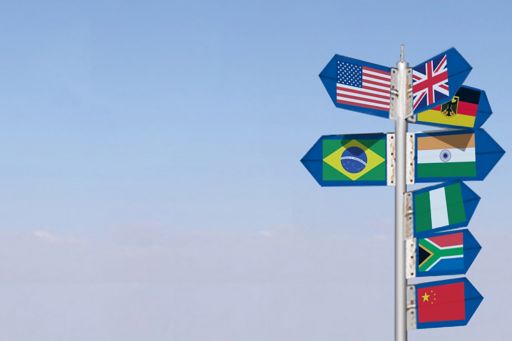To slow down the surge of COVID-19 cases due to the highly-contagious Delta variant, Metro Manila will be transitioning from General Community Quarantine with heightened restrictions to Enhanced Community Quarantine (“ECQ”) starting 6 August 2021 until 20 August 2021.1 Additionally, the entry ban on travelers into the Philippines from the previously-listed 10 restricted countries is extended until 15 August 2021. (For prior coverage, see GMS Flash Alert 2021-207, 30 July 2021.)
WHY THIS MATTERS
It is expected that the travel restrictions will continue to be extended and expanded to control the threat of the Delta variant. This will further limit movements of all employees in the Philippines as non-essential establishments and offices from certain industries will be closed.
Shifting to remote work may be advisable for foreign employees planning to travel for work in the Philippines and those who are coming from the restricted countries. Employers may wish to consider re-implementing work-from-home arrangements and reviewing their business continuity plans due to possible extensions of stricter quarantine rules. In light of this, individuals and employers should carefully assess the situation and strategize next steps (even if temporary) to help them prepare for the impact the restrictions might have on themselves and their organizations.
Enhanced Community Quarantine (ECQ)
Metro Manila will shift to the most restrictive quarantine status on 6 August to 20 August 2021. Under the ECQ, only essential establishments and industries will be allowed to operate. Public transportation, subject to limited capacity, and domestic travels will be allowed to operate for certain authorized persons including essential workers and individuals with scheduled COVID-19 vaccinations.
International flights to and from Manila will continue during the ECQ subject to government travel restrictions and related travel requirements.
Travel Ban Extension
All arriving passengers coming from India, Pakistan, Nepal, Sri Lanka, Bangladesh, Oman, United Arab Emirates, Indonesia, Malaysia and Thailand or those who have been to these travel-restricted countries within the last 14 days preceding arrival in the Philippines shall not be allowed to enter until 15 August 2021.2
FOOTNOTES
1 See (in English) IATF Resolution No. 130-A .
2 See (in English) BI Public Advisory posted in the official Facebook page on 1 August 2021.
* Please note the KPMG International member firm in the United States does not provide immigration or labor law services. However, KPMG Law LLP in Canada can assist clients with U.S. immigration matters.
The information contained in this newsletter was submitted by the KPMG International member firm in the Philippines.
Connect with us
- Find office locations kpmg.findOfficeLocations
- kpmg.emailUs
- Social media @ KPMG kpmg.socialMedia
Stay up to date with what matters to you
Gain access to personalized content based on your interests by signing up today
© 2024 R.G. Manabat & Co., a Philippine partnership and a member firm of the KPMG global organization of independent member firms affiliated with KPMG International Limited, a private English company limited by guarantee. All rights reserved.
For more detail about the structure of the KPMG global organization please visit https://kpmg.com/governance.
GMS Flash Alert is a Global Mobility Services publication of the KPMG LLP Washington National Tax practice. The KPMG name and logo are trademarks used under license by the independent member firms of the KPMG global organization. KPMG International Limited is a private English company limited by guarantee and does not provide services to clients. No member firm has any authority to obligate or bind KPMG International or any other member firm vis-à-vis third parties, nor does KPMG International have any such authority to obligate or bind any member firm. The information contained herein is of a general nature and is not intended to address the circumstances of any particular individual or entity. Although we endeavor to provide accurate and timely information, there can be no guarantee that such information is accurate as of the date it is received or that it will continue to be accurate in the future. No one should act on such information without appropriate professional advice after a thorough examination of the particular situation.


